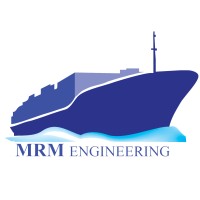
Ulterior Products, LLC
Ulterior Products is an innovative provider of material handling and conveyance, custom machines, and fixturing solutions. We have a combined 45 years of experience designing, building, and installing turn-key industrial automation solutions. We excel in the problems that require out-of-the-box, creative thinking – the problems that may seem impossible. When a project request is received, we go on-site to see and hear about the complexities of the issue first-hand. Through close relationships with our customers and a reliance on our expertise we’re able to offer ulterior solutions.






